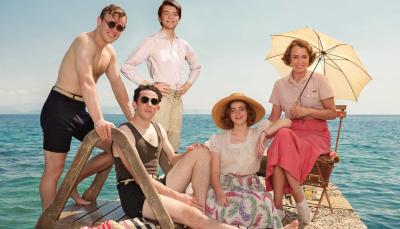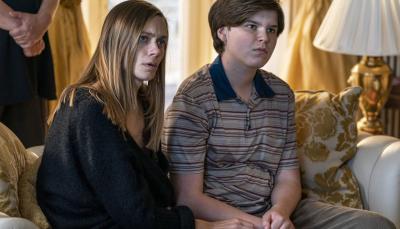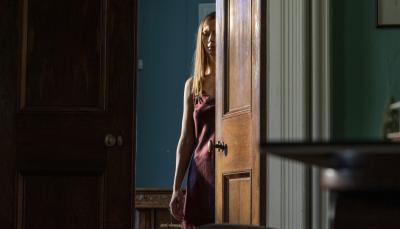'The Beast Must Die' Season 1, Episode 3 Recap
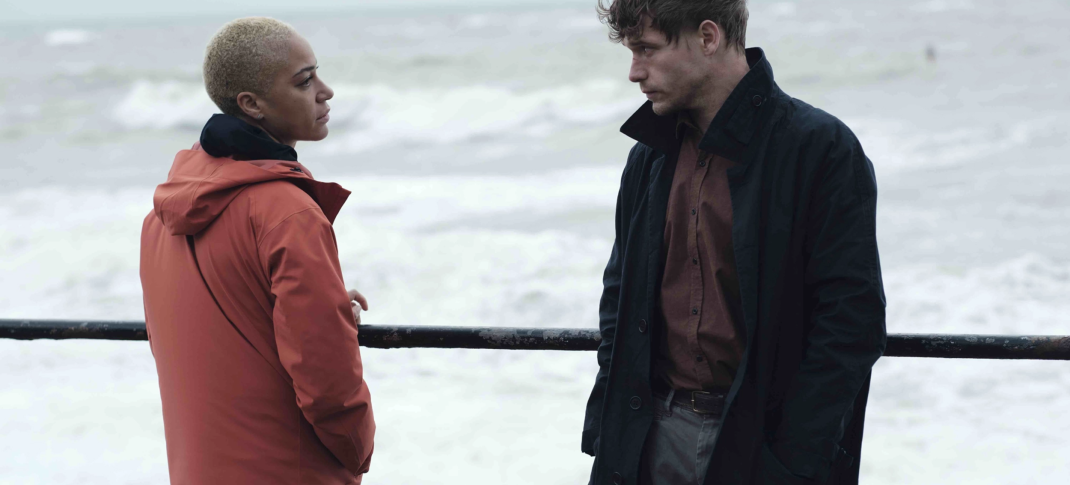
The problem with a plan to murder someone is that you have to go through with it.
George: In the real world, if you're smart enough to get away with something, you probably deserve to.
As The Beast Must Die continues, there's a real problem that Frances is starting to encounter. Murder is not easy. Like, it takes nerves and balls of steel, neither of which she has. Frances has passion on her side — her child is dead, she wants revenge, the whole nine yards. But a "crime of passion" requires to be in the throes of, well, passion. And though Frances certainly has her PTSD moments of emotional rage, from last week's car ride to this week's swimming pool memories, none of them are forceful enough (or timed correctly) to do George in. Well, except one, and she still doesn't do it because she loses her nerve.
Moreover, as the series continues, it's becoming obvious George isn't villainous, despite the show's framing. He's... careless about other humans, the kind of privileged white man who doesn't see the stupidity in the mistakes he's making. George honestly thinks he's not doing anything wrong bringing the underage Lena to a party and liquoring her up. She's a fun girl; he's just happy to provide in a family full of unhappy people. And he genuinely probably believes the stuff he's telling her about her older sister being jealous of her childfree lifestyle, just like George thinks he's doing the right thing humiliating Phil when he freaks out over a jellyfish sting.
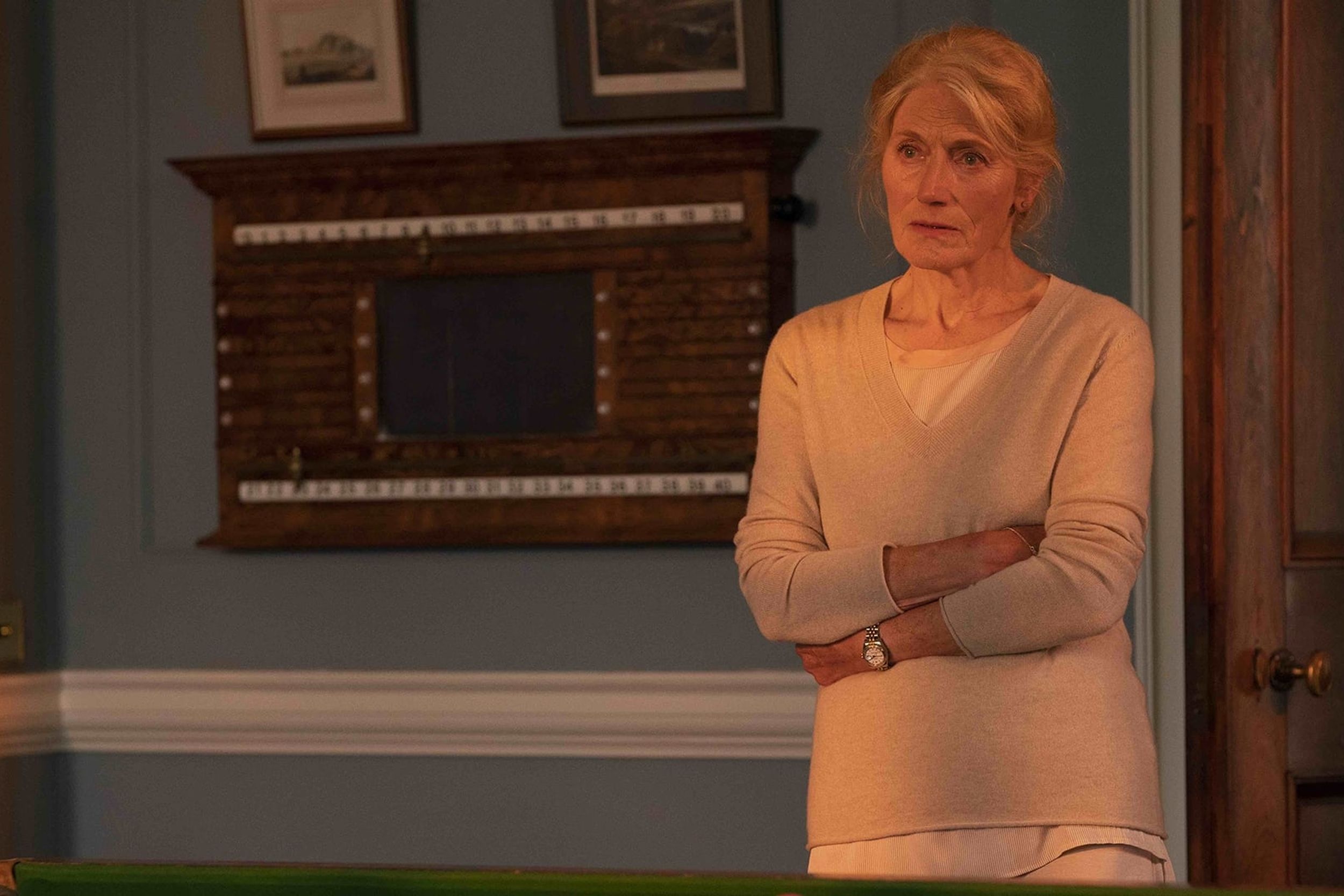
And the worst part for Frances is that she is a genuinely goodhearted person for what it's worth. She's good with misbegotten kids, like Lena and Phil, and even manages to quietly create some family harmony within this ugly, cold house. George is impressed, to the point where he comes begging for advice, admitting he has no idea how to deal with a child who isn't the masculine ideal he assumed any child of his would be. And when Frances attempts to escape this house and its horrors along with Lena by renting a summer house, he thwarts them, thinking to make Phil happy by keeping her around and installing her in the family's summer house.
By this time, you'd think someone might be asking questions, and thankfully they are. Unfortunately, it's not George's wife Vi, or Lena or Phil, or ever George. Instead, it's George's sister Joy, the one who rules the house, despite it technically being her brother's. Perhaps if she were a better person, someone might listen. But between sneering at Lena as a "sex toy" and calling her brother and Phil c***-struck with Frances, her actual good points, including her noting that Frances has a c-section scar and therefore must have children that are nowhere to be seen, are lost.
But it's enough to get George questioning why an educated woman like Frances is hanging out with his sister-in-law. The latter easily slots herself into the boozy-floozy pigeonhole the rest of the family expects of her. She's writing a book? Really? George half believes it because he doesn't know what else to think, but he's also semi-convinced this is some kind of closeted lesbian relationship. But when he pushes, Frances manages to say just enough that he mentally fills in the rest with his worst assumptions and leaves her alone.
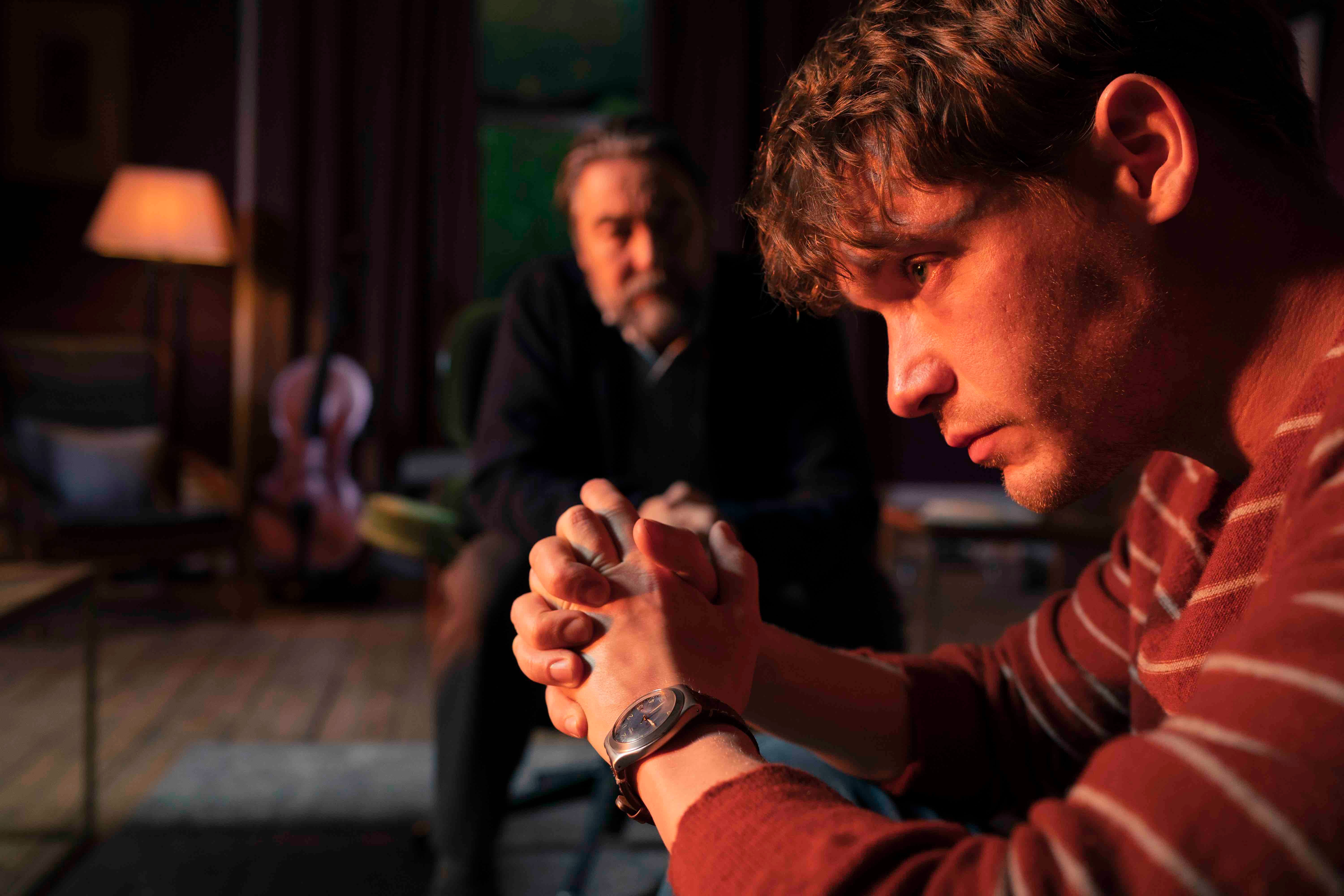
Strangeways, meanwhile, is back in London again meeting Niamh, mostly to tell her the wrongful death suit she's trying to build for her deceased sister and his one-time partner on the force, Sharon, is hopeless. (This is one of those moments where the scene probably plays a lot differently to British audiences than American ones, where ACAB looms far larger.) Either way, the point is they end up in bed together, though not before filling viewers in on Strangeway's family history — father a career criminal, mother a religious woman, the sister he was face timing lives in Australia.
All that is probably important down the road, but with the story now actually focused on the novel's real heart, that of Frances versus George, it all feels a bit extraneous. All Strangeway's scenes, save his one run-in with Frances where he discovers she is staying on the Isle, feel pulled from a different mystery show altogether that wandered into this high-caliber awards bait limited series piece. It's understandable this would be so since this was a limited series high-caliber awards bait piece, which is now being re-oriented into something far more sustainable, if not a bit pedestrian.
Not that seeing Strangeways finally dig into the mystery his predecessor left behind unsolve has a satisfying feel, and watching O'Brien do the parts of the job he hates are worth their weight in awkward. But when it's not Frances and George on the screen, it's all a bit "why are we bothering?"
It will be a pity if she finally kills him, and the audience has to continue without the promise of more of their electric scenes to come. Perhaps we should hope her courage continues to fail.


